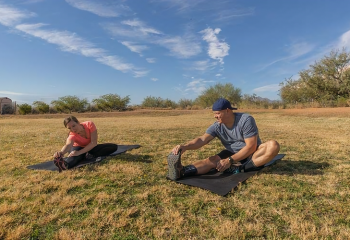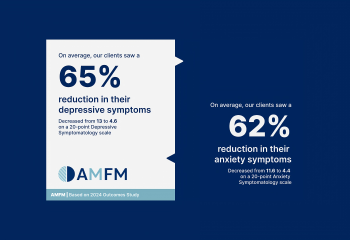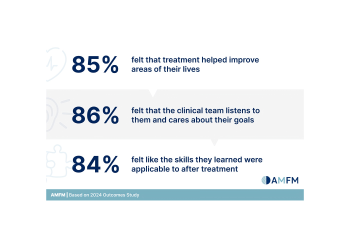More About Rehabs with Yoga
Yoga has become a popular and effective tool for addiction and mental health recovery. It’s a guided series of stretches, poses, and balancing exercises to improve mindfulness and connect your mind, body, and spirit. Rehabs use yoga as a wellness component and to help participants learn new coping tools for cravings, emotional triggers, and more.
Benefits of Yoga in Rehab
Yoga gives you the opportunity to connect with your peers, strengthen your body, and learn a new mindfulness tool. Yoga’s mindfulness aspects can help with addiction recovery and mental health treatment as you become more aware of your emotions, how your body responds to them, and how you can gently recenter yourself when triggered.
As a gentle exercise, yoga can also help you grow stronger physically. You’ll hone your balance, increase your flexibility, and build your muscles. Improving your physical health simultaneously improves your mental health.
Yoga also enables you to enjoy the serene environments many rehabs have available. For example, you may spread your yoga mats on an outside patio for a sunrise session, or spend time in a rehab’s dedicated wellness room.
Yoga Classes in Rehab
In rehab, your yoga sessions will likely be gentle and adapted for those in early recovery's mental and physical conditions. Yoga instructors will be mindful of the detox process, the symptoms of withdrawals, and how much activity will feel comfortable.
You’ll enjoy gentle poses, relaxing stretches, and the opportunity to build your balance without straining your body. Instructors will help you become more mindful as you progress through each session, helping you hone in your mind, body, and spirit as one.
Sessions may last 30 minutes to one hour. You can typically enjoy yoga classes once a day, weekly, or over the weekends. The amount per week depends on each rehab. You may be able to request more or less yoga sessions per week to meet your needs.
Safety Measures for Safe Yoga Sessions
Certified yoga instructors make yoga an even safer experience. Instructors receive certification from places like Yoga Alliance, which standardizes the levels of certification and the experience needed for each level.
A good instructor will assess your capabilities and limitations to make sure none of their poses will hurt. Similarly, instructors also tailor their sessions to your age group so anyone of any age can enjoy yoga.
Make sure you use a yoga mat to prevent discomfort. Wear the appropriate shoes and clothes. For many, this looks like tight but stretchy clothes and bare feet or socks. Your instructor will likely recommend clothing types for your sessions too.



































































































































